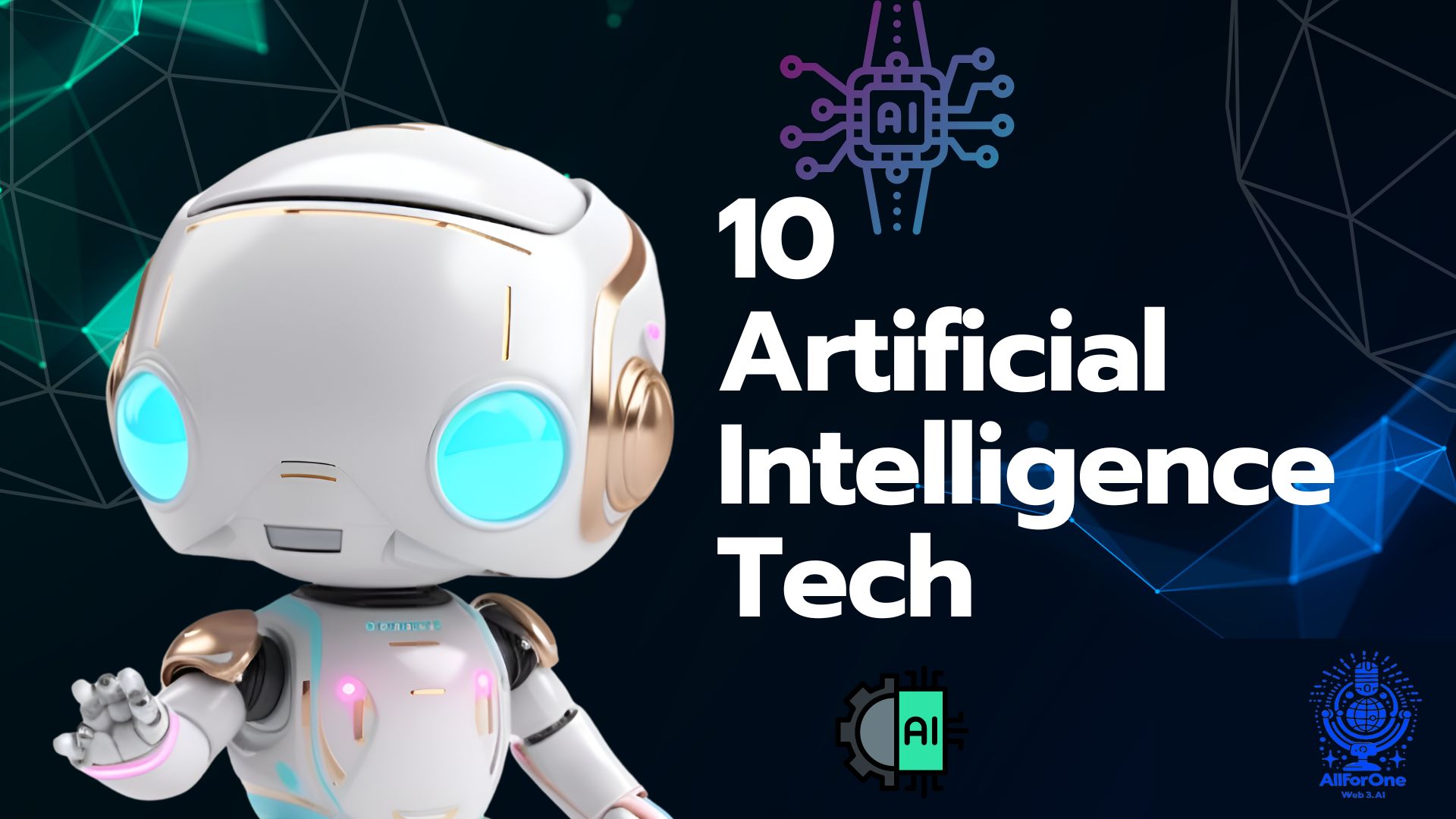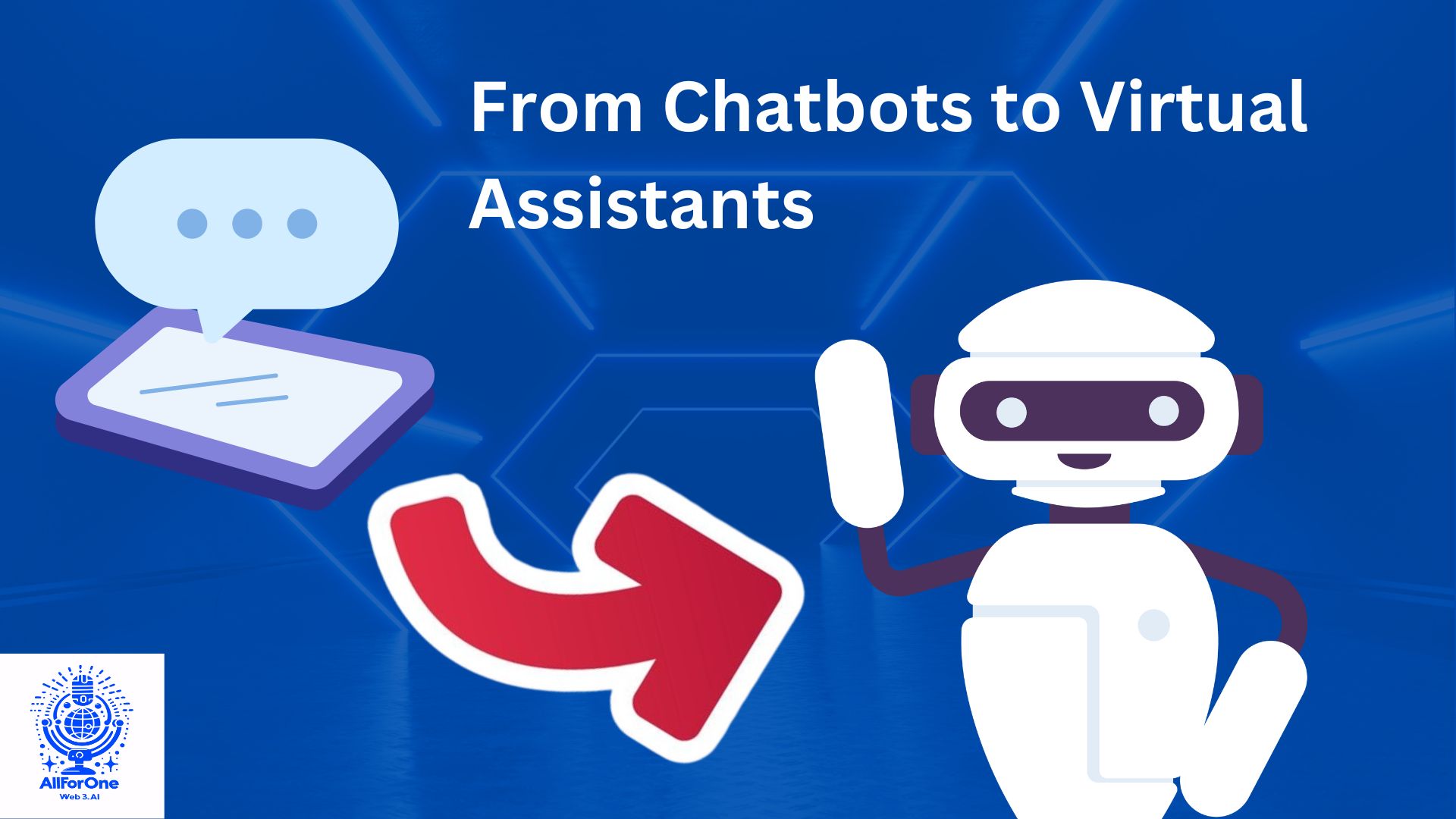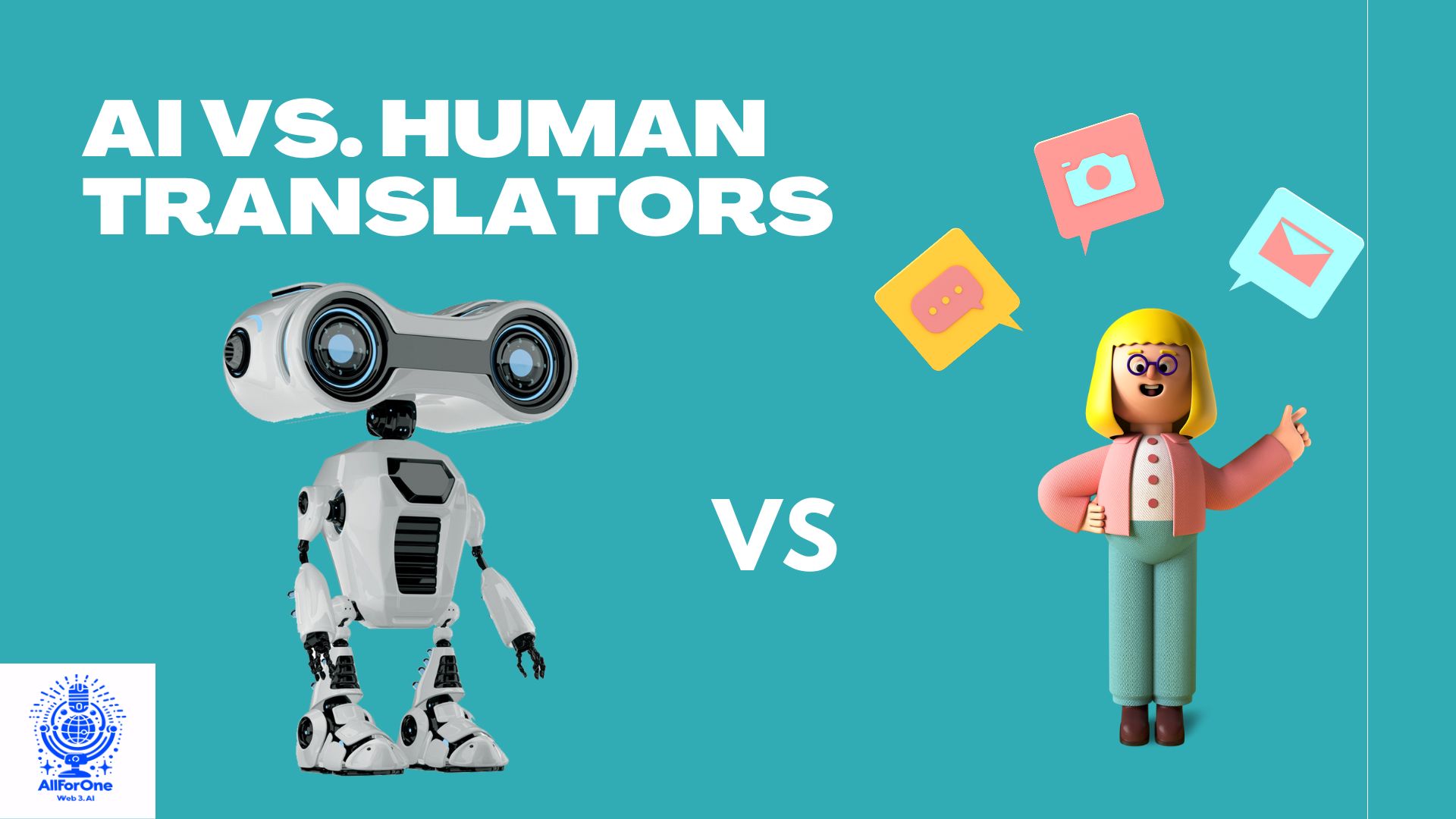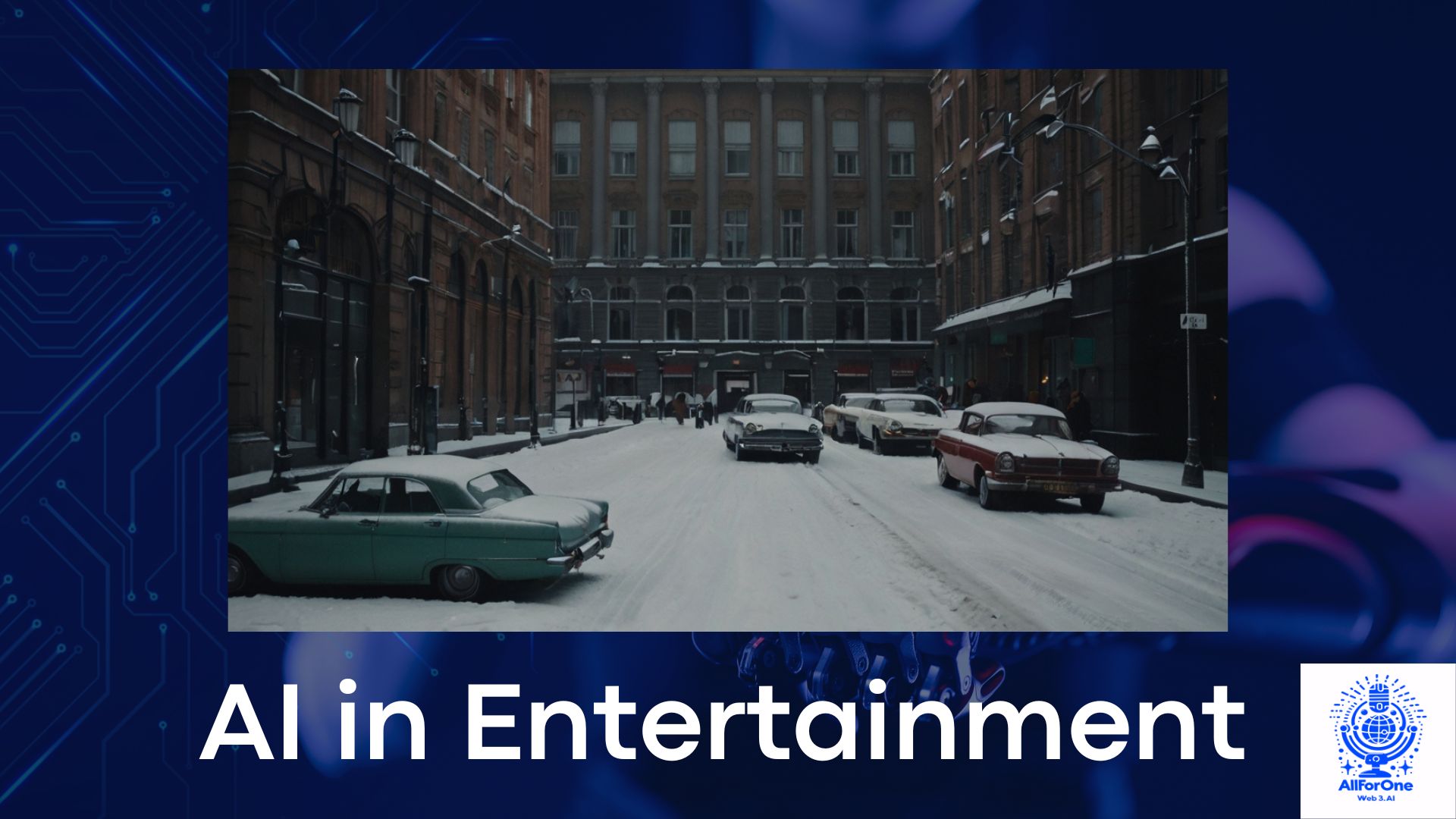Artificial Intelligence (AI) is no longer a futuristic concept confined to the realms of science fiction. It has become an integral part of our daily lives, transforming the way we live, work, and interact with the world around us. From smart home devices to advanced healthcare solutions, AI technologies are making our lives easier, more efficient, and more enjoyable. In this blog, we’ll explore ten AI technologies, including both software and physical products, that are set to revolutionize your way of living.
1. Smart Home Devices
Smart home devices are one of the most visible and impactful applications of AI in our daily lives. These devices use AI algorithms to learn our habits and preferences, automating tasks and providing personalized experiences. Some of the most popular smart home devices include:
Amazon Echo and Google Nest
These AI-powered smart speakers act as personal assistants, answering questions, playing music, controlling smart home devices, and more. With voice recognition and natural language processing, they understand and respond to commands, making daily tasks easier and more convenient.
AI Thermostats
AI thermostats like the Nest Learning Thermostat use machine learning to understand your schedule and temperature preferences. They adjust the temperature automatically, saving energy and reducing utility bills.
Smart Security Systems
AI-driven security systems, such as Ring and Arlo, use facial recognition and motion detection to enhance home security. They can identify and alert you to potential threats, ensuring your home is safe and secure.
2. AI-Powered Healthcare
AI is transforming healthcare by improving diagnosis, treatment, and patient care. Advanced AI algorithms analyze medical data to detect patterns and provide insights that were previously unattainable. Some notable AI technologies in healthcare include:
IBM Watson Health
IBM Watson Health uses AI to analyze vast amounts of medical data, aiding in disease diagnosis and treatment planning. It helps doctors make more informed decisions and provides personalized treatment recommendations based on patient data.
AI Diagnostic Tools
AI-powered diagnostic tools like Google’s DeepMind Health analyze medical images to detect diseases such as cancer and eye conditions with remarkable accuracy. These tools can identify anomalies that may be missed by human eyes, leading to earlier and more accurate diagnoses.
Virtual Health Assistants
Virtual health assistants, such as Buoy Health and Ada, use AI to provide medical advice and support. They analyze symptoms and provide recommendations for next steps, helping patients make informed decisions about their health.
3. Autonomous Vehicles
Autonomous vehicles, or self-driving cars, are poised to revolutionize transportation. AI algorithms enable these vehicles to navigate roads, avoid obstacles, and make real-time decisions, reducing the need for human intervention and improving safety.
Tesla Autopilot
Tesla’s Autopilot system uses AI and machine learning to enable semi-autonomous driving. It can steer, accelerate, and brake automatically, making highway driving safer and less stressful. With continuous updates, Tesla is working towards fully autonomous driving.
Waymo
Waymo, a subsidiary of Alphabet Inc., is a leader in autonomous driving technology. Its AI-powered self-driving cars have been tested extensively and are already providing ride-hailing services in some areas. Waymo’s technology has the potential to transform urban transportation and reduce traffic accidents.
AI-Powered Delivery Drones
Companies like Amazon and Google are developing AI-powered delivery drones that can autonomously navigate to deliver packages. These drones can reduce delivery times and costs, making online shopping more convenient and efficient.
4. Personal Finance and Investment
AI is changing the way we manage our finances and investments. AI-powered tools provide personalized financial advice, automate investing, and detect fraudulent activities, helping us make smarter financial decisions.
Robo-Advisors
Robo-advisors like Betterment and Wealthfront use AI algorithms to provide personalized investment advice and portfolio management. They analyze your financial goals and risk tolerance to create and manage an optimized investment portfolio.
Fraud Detection
AI-powered fraud detection systems, such as those used by PayPal and Mastercard, analyze transaction data to identify suspicious activities. These systems can detect and prevent fraud in real-time, protecting your financial assets.
Personal Finance Apps
Apps like Mint and YNAB use AI to analyze your spending habits and provide personalized budgeting advice. They help you track expenses, save money, and achieve your financial goals more efficiently.
5. AI in Education
AI is transforming education by providing personalized learning experiences, automating administrative tasks, and enhancing educational content. AI-powered tools make learning more engaging and effective for students of all ages.
Adaptive Learning Platforms
Adaptive learning platforms like DreamBox and Knewton use AI to personalize educational content based on each student’s strengths and weaknesses. They provide tailored lessons and exercises, ensuring that students receive the support they need to succeed.
AI Tutors
AI tutors, such as Carnegie Learning and Squirrel AI, provide personalized tutoring and support to students. They analyze student performance and adapt their teaching methods to address individual learning needs, helping students improve their understanding and skills.
Automated Grading
AI-powered grading systems, like Gradescope, automate the grading process, saving teachers time and providing more consistent and objective evaluations. These systems can analyze and grade essays, assignments, and exams, freeing up teachers to focus on teaching and supporting students.
6. AI in Retail
AI is transforming the retail industry by enhancing customer experiences, optimizing inventory management, and improving supply chain efficiency. AI-powered tools help retailers understand customer preferences and provide personalized recommendations.
Personalized Shopping Assistants
AI-powered shopping assistants, such as those used by Amazon and Walmart, analyze customer data to provide personalized product recommendations. These assistants can suggest products based on your browsing and purchase history, making shopping more convenient and enjoyable.
Inventory Management
AI-driven inventory management systems, like those used by Zara and H&M, optimize stock levels and reduce waste. They analyze sales data and predict demand, ensuring that popular products are always available while minimizing overstock.
Customer Service Chatbots
AI chatbots, such as those used by Sephora and H&M, provide instant customer support and assistance. They can answer questions, process orders, and handle returns, improving the overall shopping experience.
7. AI in Entertainment
AI is revolutionizing the entertainment industry by enhancing content creation, personalizing recommendations, and improving production processes. AI-powered tools make it easier for creators to produce high-quality content and for consumers to discover new and exciting media.
Content Recommendation Systems
Streaming services like Netflix and Spotify use AI algorithms to provide personalized content recommendations. These systems analyze your viewing and listening habits to suggest movies, TV shows, and music that you’ll enjoy, making it easier to discover new content.
AI Content Creation
AI-powered content creation tools, such as Runway ML and Artbreeder, assist artists and creators in generating unique and engaging content. These tools use machine learning to create images, music, and videos, providing new creative possibilities.
Virtual Reality and Augmented Reality
AI is enhancing virtual reality (VR) and augmented reality (AR) experiences, making them more immersive and interactive. AI algorithms analyze user movements and interactions to create realistic and responsive virtual environments, revolutionizing gaming, education, and training.
8. AI in Agriculture
AI is transforming agriculture by improving crop management, optimizing resource use, and increasing yields. AI-powered tools help farmers make data-driven decisions, ensuring sustainable and efficient farming practices.
Precision Agriculture
AI-powered precision agriculture tools, like those developed by John Deere and Trimble, use sensors and data analytics to monitor crop health and soil conditions. These tools provide real-time insights, allowing farmers to optimize irrigation, fertilization, and pest control.
Autonomous Farming Equipment
Autonomous farming equipment, such as tractors and harvesters, use AI to perform tasks without human intervention. These machines can plant, cultivate, and harvest crops with high precision, reducing labor costs and increasing efficiency.
Crop Monitoring Drones
AI-powered drones, like those used by DJI and senseFly, monitor crops from the air, providing detailed data on plant health and growth. These drones can detect issues such as pests and diseases early, allowing farmers to take timely action and protect their crops.
9. AI in Environmental Conservation
AI is playing a crucial role in environmental conservation by monitoring ecosystems, predicting natural disasters, and supporting sustainable practices. AI-powered tools help scientists and conservationists protect the planet and its resources.
Wildlife Monitoring
AI-powered wildlife monitoring systems, like those used by Conservation AI and Wildbook, analyze images and videos to track and identify animals. These systems help researchers study animal behavior and populations, aiding in conservation efforts.
Climate Prediction
AI-driven climate prediction models, such as those developed by IBM and Google, analyze weather data to predict climate patterns and natural disasters. These models provide valuable insights for disaster preparedness and environmental planning.
Sustainable Resource Management
AI-powered tools, like those used by startups such as Xpansiv and OpenAI, analyze data to optimize resource use and reduce waste. These tools support sustainable practices in industries such as energy, water management, and agriculture.

10. all4one: The Future of Multilingual Communication
all4one is an innovative AI technology that revolutionizes multilingual communication, providing seamless translation services for audio and video calls. With advanced real-time translation capabilities, all4one ensures smooth and effective conversations across different languages without the need for additional software downloads.
Key Features of all4one
- Real-Time Translation: all4one uses cutting-edge AI algorithms to provide instant translations during audio and video calls, ensuring accurate and natural communication.
- Browser-Based Accessibility: With all4one, there’s no need for additional software installations. Users can access the platform directly through their web browser, making it convenient and easy to use.
- High Accuracy: all4one’s AI-powered translation engine delivers high accuracy, capturing the nuances and context of conversations, ensuring that messages are conveyed accurately.
- Multilingual Support: all4one supports a wide range of languages, making it a versatile tool for global communication. Whether you’re conducting business meetings or connecting with friends and family, all4one has you covered.
- User-Friendly Interface: The platform’s intuitive interface makes it easy to use, even for those who are not tech-savvy. Users can initiate and manage calls effortlessly, with seamless translation integrated into the experience.
How all4one Stands Out
all4one distinguishes itself from other translation tools with its focus on real-time communication and browser-based accessibility. While many translation services require separate applications or plugins, all4one streamlines the process, providing a hassle-free solution for multilingual communication.
Conclusion
AI technologies are transforming every aspect of our lives, from the way we communicate and travel to how we manage our finances and health. The ten AI technologies discussed in this blog are just a glimpse of the incredible advancements that are shaping our future. As AI continues to evolve, we can expect even more innovative solutions that will revolutionize our way of living, making our lives easier, more efficient, and more connected.
With tools like all4one leading the way in multilingual communication, the future looks bright for a world where language barriers are a thing of the past. Embrace these AI technologies and experience the transformative power they bring to your daily life.




